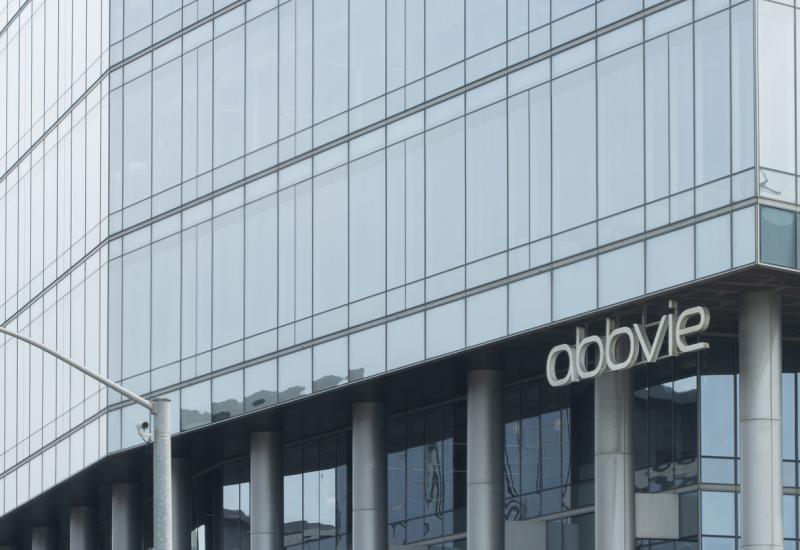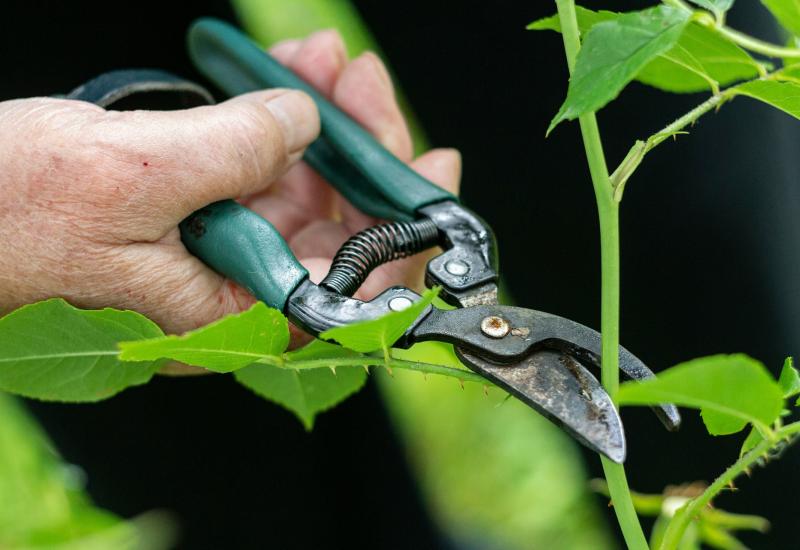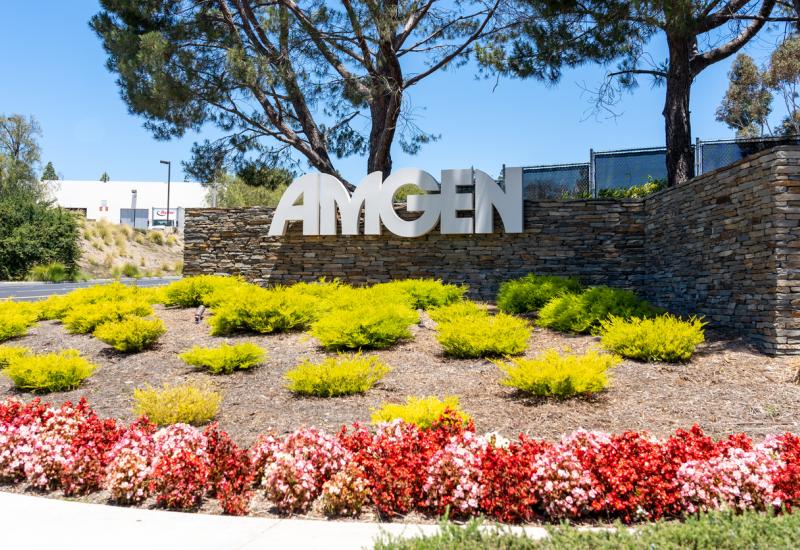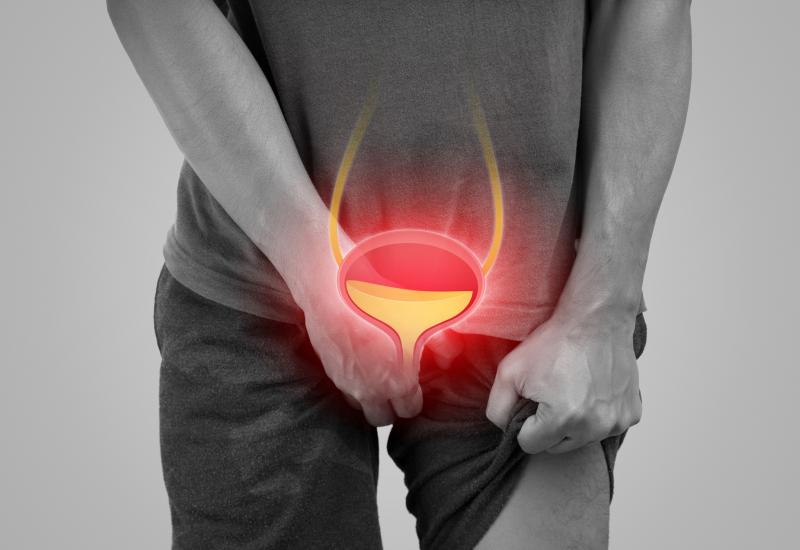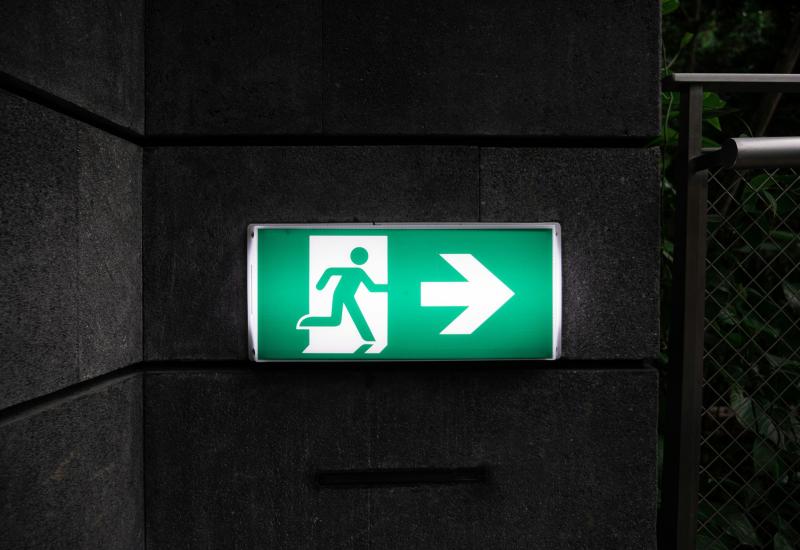
Gilead’s multiple bets on fast Car production
A three-way race is on to determine which Car-T therapy Gilead will take into pivotal trials.
A three-way race is on to determine which Car-T therapy Gilead will take into pivotal trials.

Just as some other cell therapy companies might be stepping back from shortened manufacturing, Gilead has put down two bets on the approach. The company’s three-day production method lies behind the phase 1 Car-T projects KITE-753 and KITE-197, which the group highlighted at an investor event in March.
The aim, it seems, is to put both quickly through early trials in B-cell lymphoma patients, in parallel with a third asset, KITE-363, and based on the results to pick one that would then be taken into pivotal trials. Meanwhile, the value of fast cell therapy production remains unproven, and Novartis and Bristol Myers Squibb have both had to rethink their approaches here.
Whatever doubts exist, however, it must be stressed that the Chinese group Gracell was another early proponent of speedy manufacturing, principally through its lead multiple myeloma Car-T therapy, GC012F. Gracell’s $1bn acquisition by AstraZeneca in December thus represented a major endorsement of the possibility of generating a Car-T product in days rather than weeks.
Juvenile cells
Not much has been disclosed about how Gilead is proposing to shorten production time, but the group says it will enrich harvested cells for juvenile T cells, with a three-day turnaround process preserving T-cell stemness and yielding a relatively uniform product.
In Bristol’s Nex-T technology cells are expanded mostly in vivo, a feature also employed in Novartis’s T-Charge and Gracell’s FastCar, which both claim to carry out activation and transduction steps concurrently. While Bristol likely inherited its tech from Juno/Celgene, Kite wasn’t publicly working on shortened manufacturing, so Gilead appears to have developed this in house, after the 2017 Kite takeover.
Gilead has revealed that one aspect of its approach mirrors Novartis’s: the CD19-targeting KITE-197 uses the same construct as Yescarta, applying the three-day manufacturing process to it. Novartis’s rapcabtagene autoleucel uses the same construct as Kymriah, plus the T-Charge technology.
The two other pillars of Gilead’s approach comprise the bicistronic Cars KITE-363 and KITE-753. Both comprise separate transgenes encoding a CD28 co-stimulated anti-CD19 Car construct, and a 4-1BB co-stimulated one that targets CD20; KITE-363 uses traditional and KITE-753 three-day manufacturing.
All three are now in a phase 1 race to determine the winner, but the only data investors have to go on are preclinical, suggesting robust cell expansion without a significant cytokine increase. Gilead’s aim with the bispecific CD19/CD20 approach is to head off relapse, claiming that CD20 can be preserved on B-cell tumours that lose CD19 expression; phase 1 data are due this year.
Stepping back?
It’s worth taking a look at what the competition is doing here. Novartis first presented clinical T-Charge data at ASH 2021, since when it’s been pressing ahead with rapca-cel in lymphoma, as well as with an anti-BCMA project, PHE885. However, a third Car, IMJ995, which hit CD19 and CD22, was discontinued before any patients were enrolled into its leukaemia study.
A shift also occurred at Bristol, which came to ASH 2022 with data on the Nex-T BMS-986354 (anti-BCMA). That continues in development, but BMS-986353, an anti-CD19 Car, has fallen out of the pipeline in lymphoma, and Bristol is now pursuing its development only in lupus and multiple sclerosis.
A separate consideration is whether shortening Car-T manufacturing by a week or two makes a meaningful difference when patients still have to wait weeks for a production slot to become available. The hope for Gilead and any other group investing in fast manufacturing must be that such capacity shortages will soon be solved.
Leukaemia/lymphoma Car-T therapies claiming fast manufacturing
| Project | Company | Target | Note | Clinical setting |
|---|---|---|---|---|
| KITE-197 | Gilead | CD19 | Same construct as Yescarta | r/r large B-cell lymphoma |
| KITE-753 | Gilead | CD19 x CD20 (bicistronic) | Same construct as KITE-363 (CD19 Car has CD28 co-stim; CD20 Car has 4-1BB co-stim) | r/r B-cell lymphoma |
| Rapcabtagene autoleucel (YTB323) | Novartis | CD19 | Same construct as Kymriah | CLL, DLBCL & ALL |
| IMJ995 | Novartis | CD19 x CD22 | Discontinued in 2022 | Leukaemia trial withdrawn before enrolment |
| BMS-986353/ CC-97540 | Bristol Myers Squibb | CD19 | In development only in multiple sclerosis & autoimmune disease | B-cell lymphoma trial completed |
Source: OncologyPipeline.
2869


